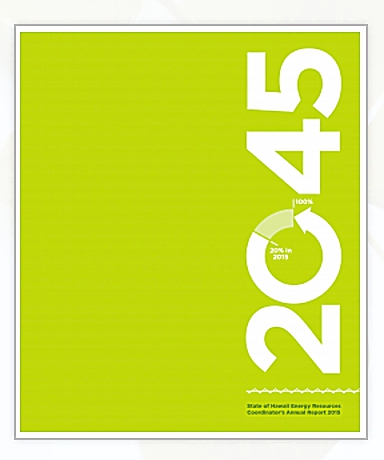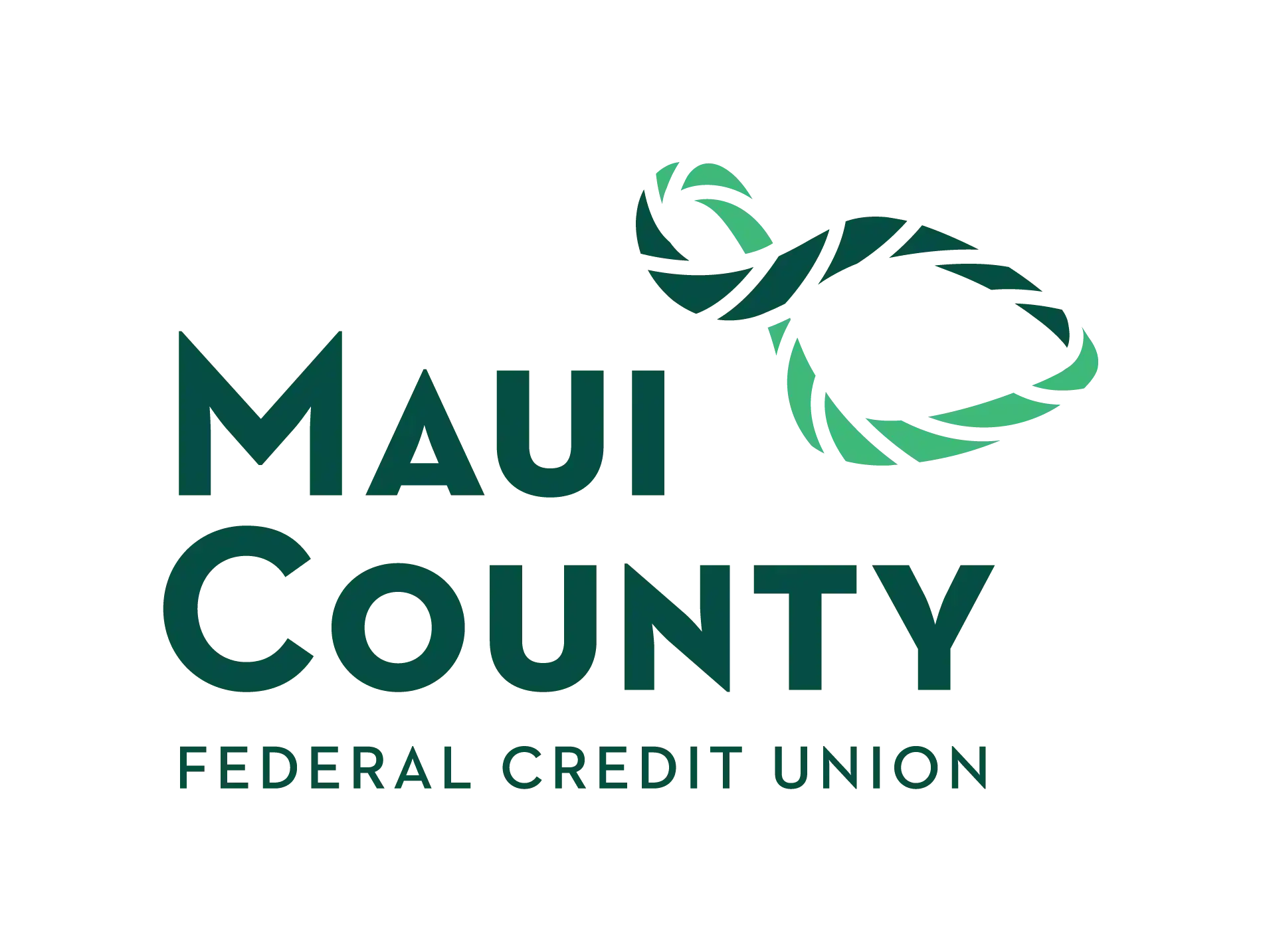Report: Hawai‘i Makes Significant Strides Toward 100% Renewable Energy Goal

The Hawai‘i State Energy Office’s “Energy Resources Coordinator’s Annual Report 2015” details the state’s progress toward the nation’s first-ever goal to reach 100% renewable energy by 2045.
The Hawai‘i State Energy Office just released its annual report detailing the state’s progress toward the nation’s first-ever goal to reach 100% renewable energy by 2045.
HSEO’s “Energy Resources Coordinator’s Annual Report 2015” details the state’s new energy policies, including numerous clean energy initiatives in various areas, such as renewable energy, efficiency, transportation, grid modernization, utility reform and innovative programs.
Since the Hawai‘i Clean Energy Initiative was established in 2008, the state has significantly increased both its renewable energy portfolio standard (RPS) levels and its energy efficiency portfolio
standard (EEPS) levels.
Under the RPS, renewable energy accounted for 21.1 percent of utility electricity sales in 2014, up from 9.4 percent in 2008.
Over the same period, the amount of electricity saved from efficiency measures under the EEPS increased to 1,575 gigawatt-hours from 870 gigawatt-hours.
“Hawai‘i is at the forefront of a growing national and global clean energy movement,” said Luis P. Salaveria, director of the Department of Business, Economic Development and Tourism. “Our 100 percent renewable energy goal and clean energy initiatives allow Hawai‘i to serve as a model for the rest of the world.”
The report also details the renewed effort to reduce petroleum use for transportation, which accounts for nearly two-thirds of the state’s energy mix. A recent transportation energy analysis conducted for HSEO included nearly two dozen tactics to be tackled now, as well as enabling actions and further analysis to develop additional petroleum-reducing tactics to be pursued in the long term.
The next step will feature a reconvening of stakeholders to collaborate on the development of an energy in transportation roadmap that will likely be a major focus of HCEI for many years to come.
“In the past few years, Hawai‘i has made substantial progress in deploying low-cost renewable energy and efficiency solutions that match or exceed our energy policy objectives,” said Mark B. Glick, administrator of the Hawai‘i State Energy Office. “With Hawai‘i driving towards the ultimate limits on energy self-sufficiency, the ERC report accounts for how the Hawai‘i State Energy Office and other energy stakeholders are faring in making the necessary changes to our regulatory and planning framework to achieve an optimal pathway to meet our lofty policy objectives.”
In addition to the 100 percent RPS by 2045 target (Act 97), 2015 marked other notable developments in clean energy policy:
Community-Based Renewable Energy Program (Act 100) Helps democratize renewable energy by allowing renters, condo owners and others who have been shut out of Hawai‘i’s clean energy transformation to purchase electricity generated at an off-site renewable energy facility.
University of Hawai‘i Net Zero Goal (Act 99) Requires the University of Hawai‘i to become a net zero user of energy (total amount of energy used being the equivalent to the amount of renewable energy created) across all campuses by Jan. 1, 2035.
Hydrogen Energy Infrastructure (Act 98) The Legislature designated the director of the Hawai‘i Center for Advanced Transportation Technologies as the state hydrogen implementation coordinator to establish infrastructure across state agencies to promote the expansion of hydrogen-based energy.
Ethanol Repeal (Act 161) Removed the state’s mandate that required transportation fuels sold in the state to include ethanol.
Charging Multi-Unit Dwellings (Act 164) Establishes a working group to examine issues regarding the installation of EV charging systems at multi-unit dwellings, which includes condominiums, cooperative housing and community associations that account for an estimated 38 percent of Hawai‘i’s housing units.
The Energy Resources Coordinator’s Annual Report 2015 can be downloaded here.










